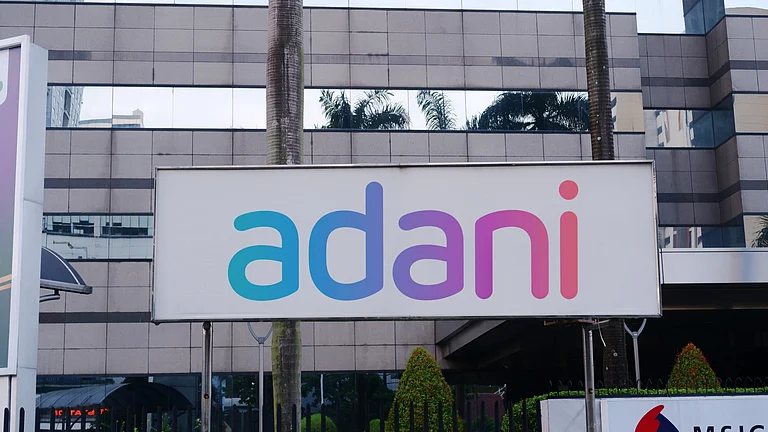I had opted for a new tax regime for FY21-22 with my employer, and the tax was deducted accordingly. I could not file ITR by the due date of July 31, 2022. Now I realise I need to pay a lot of money as it is being calculated under the old tax regime. Is there any way that can help me to come out of this situation with less tax amount?
Answer: Under the new tax regime, you can avail the benefit of lower tax slabs, but it does not allow for many exemptions and deductions, whereas, under the old tax regime, you have to pay tax at higher slab rates but at the same time can avail various exemption and deductions. A salaried person has to inform his employer about the tax regime he wishes to opt for and the employer deducts tax accordingly. The option of a particular tax regime exercised with the employer is for the limited purpose of tax deduction. The final choice of tax regime has to be made while filing the ITR, which may even be different than one exercised with the employer.
A salaried person can choose between these two tax regimes every year, whereas the person having income under the head "Profits and gains of business or profession" cannot switch between the old and new tax regime every year and has to remain under the new tax regime only. Therefore, he only has one chance to return to the old tax regime and cannot choose the new tax regime in the future. The option to choose between the old and new tax regime by a salaried person can only be exercised if the ITR is filed by the due date. If you fail to do so, you do not have any option but to file the ITR under the old regime only and pay tax accordingly.
I purchased a residential house in joint ownership with my brother and took a housing loan from a bank. The bank manager says that EMI should be paid through Electronic Clearance Service (ECS) from one bank account only. Interest & principal repayment Certificate will also be issued in joint names. I have transferred my share of EMI to my brother's account, and the full EMI will be paid through ECS from his bank account. In this situation, can we both take benefit of a home loan, and in what proportion?
Answer: The lenders issue a single certificate for payment of interest and repayment of the principal amount in case of a joint home loan, mentioning the names of all the co-borrowers as the bank would not know the respective shares of each co-borrower in the home loan. Even if the bank issues a single certificate for a joint home loan, the individual co-borrowers can claim the tax benefits in the ratio of their share in the home loan. Please note that the respective share in the home loan and property gets crystalised at the time of purchase; thus, your share in the home loan and EMI cannot be changed later.
The bank will register a single ECS for a joint home loan even if there is more than one joint borrower. You have two options. You open a joint bank account just for servicing the home loan and transfer your respective shares to that account. Alternatively, one borrower can pay the EMIs from his bank account, and the other co-borrowers transfer their respective shares in the EMIs to that bank account.
Since you have transferred your share to your brother's bank account, you can claim the tax benefits without any problem. You will get the benefit in the ratio of your respective share in the home loan.































